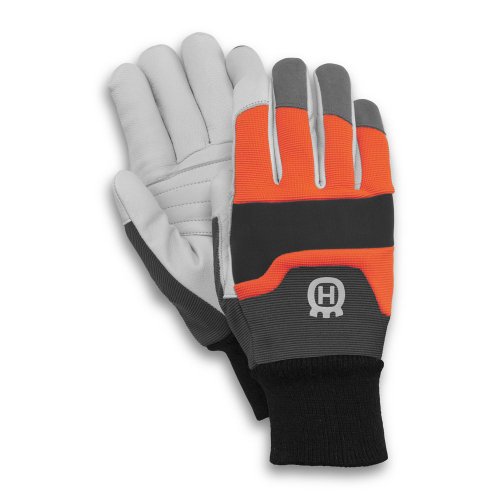Justsaws
Addicted to ArboristSite
I picked up another 440 with a bad rod bearing. I am wondering how common this is for this series? Not looking for a bash Stihl or 440 thread. I have two with bad rod bearings. The piston and cylinder sets are fine. The bearing cage seems to crack and separate. I am guessing that I would need to replace the whole crank. Just looking for information and opinions on what causes it to happen.
Got a small load of saws today and I am sorting them out. A great way to spend a raining day.
Got a small load of saws today and I am sorting them out. A great way to spend a raining day.























































